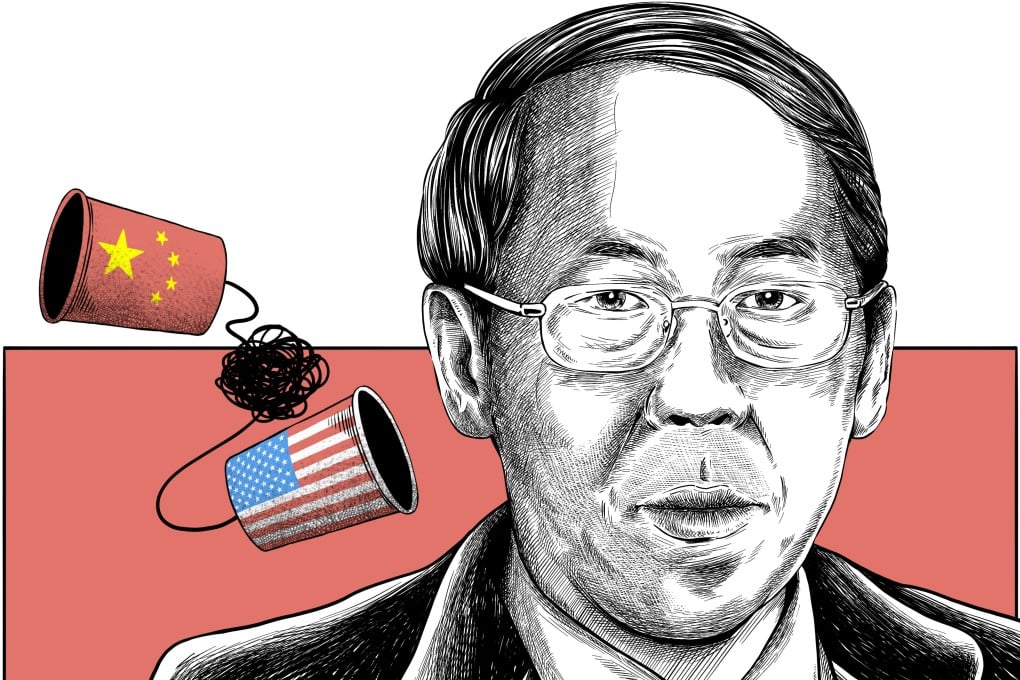Open Questions | More talk ‘not always best’ for US-China relations, it’s results that count, expert says
Taiwan is actually the most stable issue between Beijing and Washington, as long as the one-China policy exists, distinguished expert says

I’ve repeatedly emphasised that establishing communication channels between China and the US – no matter how frequent or senior level – is one thing, while producing tangible results is another.
However, it’s clear that Sino-US relations have consistently deteriorated over the past 11 years. The trend has definitely gone down, again and again. This fully demonstrates that establishing communication channels is one thing, while improving relations and resolving major issues is another.
Moreover, if both sides engage in too many talks and are too candid with each other, there may be another scenario: that [both sides] think the other one is not really a good country.
Their thoughts may become clearer than if they had not held these talks, which also proves that talks themselves, communication itself, and exchanges themselves, are distinct from the results they produce.
